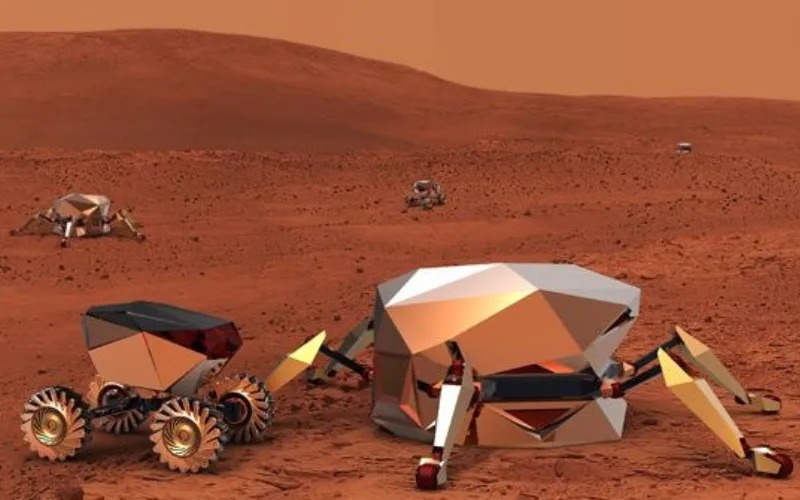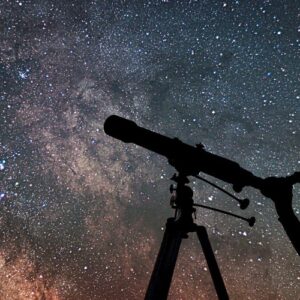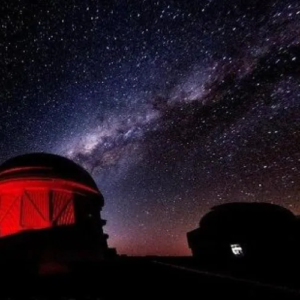Course Overview
This course provides a comprehensive understanding of rovers, their design, operation, and their crucial role in space exploration. Students will gain a strong foundation in rover technology and exploration missions through lectures, assignments, and a final project. The course is ideal for students, space enthusiasts, and professionals who want to learn more about rovers and their impact on space exploration.
Learning Objectives
Upon completion of this course, students will be able to:
- Define rovers and classify them into different types
- Describe the historical development of rovers and their importance in space exploration
- Explain the need for robotic exploration and the benefits and challenges of rover missions
- Discuss the basics of remote sensing and data collection
- Identify and describe the key components of rover design and engineering, including mobility systems, power systems, communication systems, and instrumentation
- Explain the mission planning and operations process for rovers
- Compare and contrast different types of planetary and lunar rovers
- Discuss the challenges and solutions associated with rover missions in extreme environments, with communication delays, and with potential software and hardware failures
- Describe future trends in rover technology, such as sample return missions, miniaturized and swarming rovers, and human-rover collaboration
- Discuss the ethical and legal aspects of robotic exploration
- Analyze notable rover missions in depth and identify the challenges and innovations that were addressed
Course Outline
Module 1: Introduction to Rovers
- What Are Rovers?
- Historical Development
- Importance of Rovers in Space Exploration
Module 2: Basics of Robotic Exploration
- The Need for Robotic Exploration
- Benefits and Challenges
- Remote Sensing and Data Collection
Module 3: Rover Design and Engineering
- Mobility Systems
- Power Systems
- Communication Systems
- Instrumentation
Module 4: Mission Planning and Operations
- Rover Mission Lifecycle
- Surface Operations
- Autonomous Navigation
Module 5: Planetary and Lunar Rovers
- Mars Rovers
- Lunar Rovers
- Other Planetary Rovers
Module 6: Challenges and Solutions
- Extreme Environments
- Communication Delays
- Software and Hardware Failures
Module 7: Future Trends in Rover Technology
- Sample Return Missions
- Miniaturized and Swarming Rovers
- Human-Rover Collaboration
- Prospects for Rover Exploration on Other Bodies
Module 8: Ethical and Legal Aspects of Robotic Exploration
- Planetary Protection
- International Space Law
- Ethical Considerations
Module 9: Case Studies
- In-Depth Analysis of Notable Rover Missions
- Rover Challenges and Innovations
Module 10: Final Project
Assessment Methods
Quizzes and exams after each module
Homework assignments
Group discussions and forums
Final project presentation
Recommended Resources
Textbooks and academic papers
Space agency reports and mission documentation
Online resources and databases
Guest lectures from experts in rover technology and space exploration
Additional information
| Certificate Type | Verified, Standard |
|---|





